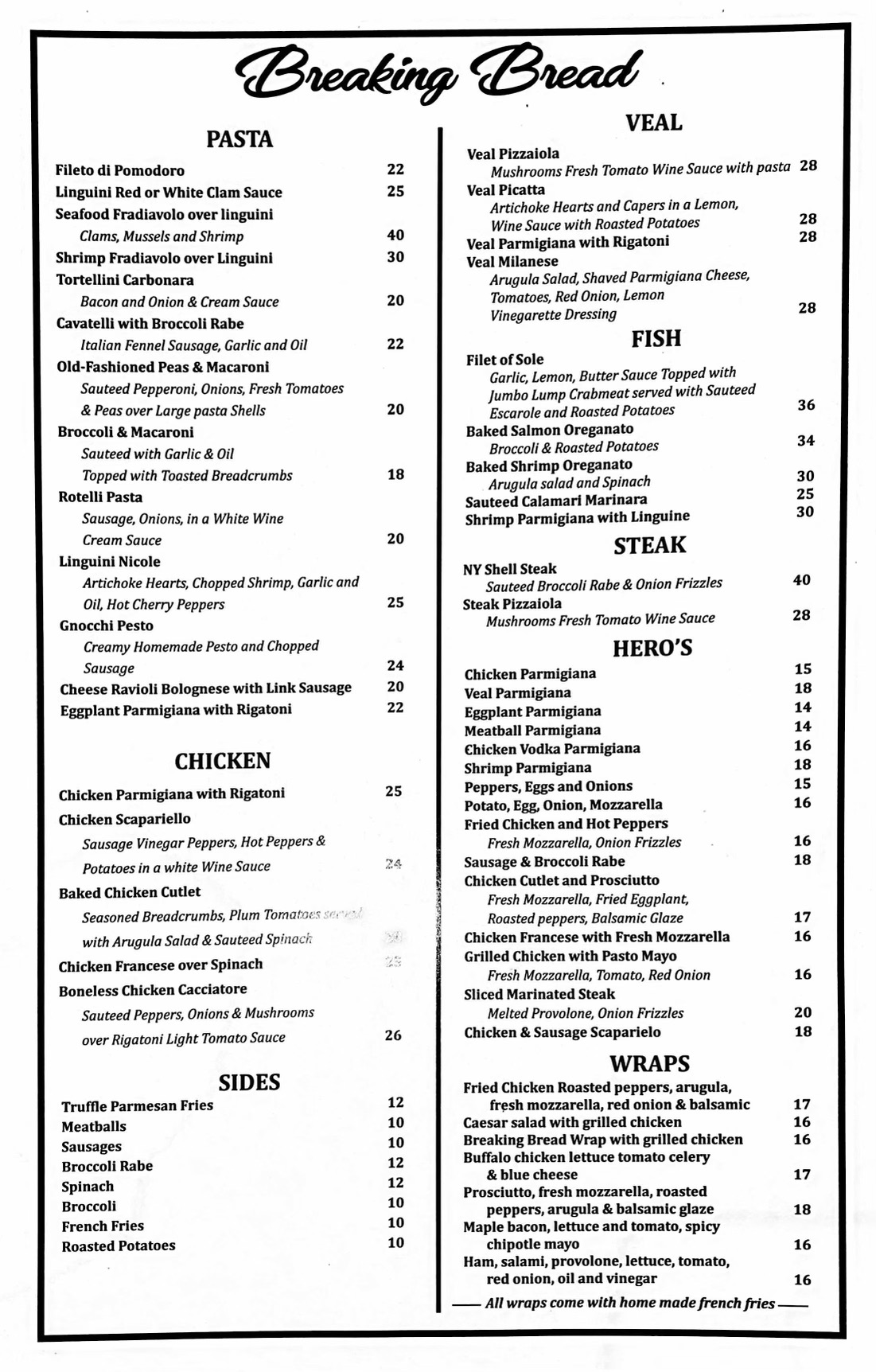Breaking Bread With Scholars: A Guide To Meaningful Academic Discussion

Table of Contents
Preparing for Meaningful Academic Discussion: Laying the Foundation
Before engaging in any academic discourse, thorough preparation is crucial. This involves not just showing up, but actively immersing yourself in the topic at hand.
Understanding the Context:
Solid background research is paramount for meaningful academic discussion. This means more than just skimming assigned readings. You need a deep understanding of the relevant literature, identifying key arguments, potential counterarguments, and the broader context of the debate.
- Pre-reading Strategies:
- Annotate texts: highlight key passages, jot down questions, and summarize central concepts.
- Create summaries: condense complex ideas into concise, easily digestible points.
- Identify opposing viewpoints: understand diverse perspectives to facilitate more nuanced discussions.
Formulating Your Contributions:
Entering a discussion with well-defined arguments is vital. Your contributions should be clear, concise, and supported by evidence.
- Structuring your thoughts:
- Develop a clear outline of your main points and supporting evidence.
- Use mind-mapping techniques to visualize the connections between different ideas.
- Practice articulating your arguments concisely and persuasively.
Active Listening and Note-Taking:
Meaningful academic discussion requires more than just speaking; it necessitates active listening. This involves not just hearing words but actively processing and understanding diverse perspectives.
- Active Listening Techniques:
- Paraphrase speaker's points to confirm understanding.
- Ask clarifying questions to address ambiguities.
- Summarize key arguments to ensure accurate comprehension.
Engaging in Meaningful Academic Discussion: The Art of Conversation
The actual discussion is where your preparation pays off. Remember, the goal is collaborative knowledge building, not winning an argument.
Respectful Dialogue and Debate:
Meaningful scholarly conversations hinge on respectful communication. Disagreement is inevitable, but it should always be expressed civilly.
- Respectful Communication Strategies:
- Use "I" statements to express your perspective without attacking others.
- Acknowledge opposing viewpoints before presenting your own.
- Focus on the ideas, not the individuals presenting them.
Asking Thought-Provoking Questions:
Thoughtful questions are the lifeblood of meaningful academic discussion. They stimulate critical thinking and deepen understanding.
- Types of Effective Questions:
- Clarifying questions: seeking clarification on unclear points.
- Probing questions: delving deeper into specific aspects of an argument.
- Challenging questions: respectfully questioning assumptions or evidence.
Responding Effectively to Criticism:
Receiving criticism can be challenging, but it’s a crucial aspect of intellectual growth. Learn to handle it constructively.
- Responding to Criticism:
- Acknowledge the criticism and show you've understood it.
- Clarify any misunderstandings or misinterpretations.
- Respond thoughtfully, either by addressing the concerns or explaining your reasoning.
Post-Discussion Reflection: Continuing the Conversation
The learning process doesn't end when the discussion concludes. Reflection is key to consolidating knowledge and improving future participation.
Reviewing Key Takeaways:
After the discussion, take time to process what you've learned.
- Post-Discussion Reflection Strategies:
- Summarize the main points and key insights gained.
- Identify areas where your understanding remains unclear or requires further research.
- Note down questions that emerged during the discussion.
Integrating Feedback and Refining Arguments:
Use the feedback you received to improve your understanding and refine your arguments for future discussions.
- Improving Future Contributions:
- Identify the strengths and weaknesses of your arguments.
- Analyze how others responded to your points and identify areas for improvement.
- Incorporate new information and perspectives into your understanding of the topic.
Continuing the Dialogue:
Meaningful academic discussion is an ongoing process. Don't let the conversation end with the conclusion of a single event.
- Sustaining Intellectual Engagement:
- Follow up with individuals whose perspectives you found particularly insightful.
- Engage in further research to deepen your understanding of the topic.
- Seek opportunities to participate in future discussions and conferences.
Conclusion: Cultivating Meaningful Academic Discussion for Lifelong Learning
Engaging in meaningful academic discussion is not merely a skill; it’s a cornerstone of intellectual growth and scholarly contribution. By preparing thoroughly, actively listening, respectfully engaging in debate, and reflecting critically on your participation, you can significantly enhance your learning experience and contribute meaningfully to your field. To improve your academic discussions, actively seek opportunities to participate in scholarly debates, attend conferences, join online forums, and foster meaningful scholarly conversations. Make a commitment to participate in productive academic discourse and reap the rewards of enhanced learning and intellectual development.

Featured Posts
-
 Watch Thunder Vs Trail Blazers Live Game Time Tv Channel And Streaming Details March 7
May 08, 2025
Watch Thunder Vs Trail Blazers Live Game Time Tv Channel And Streaming Details March 7
May 08, 2025 -
 Analyst Spots Bitcoin Entering Rally Zone May 6th Chart Indicates Potential Uptrend
May 08, 2025
Analyst Spots Bitcoin Entering Rally Zone May 6th Chart Indicates Potential Uptrend
May 08, 2025 -
 Brasileirao Arrascaeta Brilha Flamengo Vence Gremio Com Dois Gols Do Uruguaio
May 08, 2025
Brasileirao Arrascaeta Brilha Flamengo Vence Gremio Com Dois Gols Do Uruguaio
May 08, 2025 -
 Dwp Doubles Home Visits Thousands Of Benefit Claimants Affected
May 08, 2025
Dwp Doubles Home Visits Thousands Of Benefit Claimants Affected
May 08, 2025 -
 Iniciando Con Fuerza Los Dodgers Y Su Mejor Comienzo De Temporada
May 08, 2025
Iniciando Con Fuerza Los Dodgers Y Su Mejor Comienzo De Temporada
May 08, 2025
